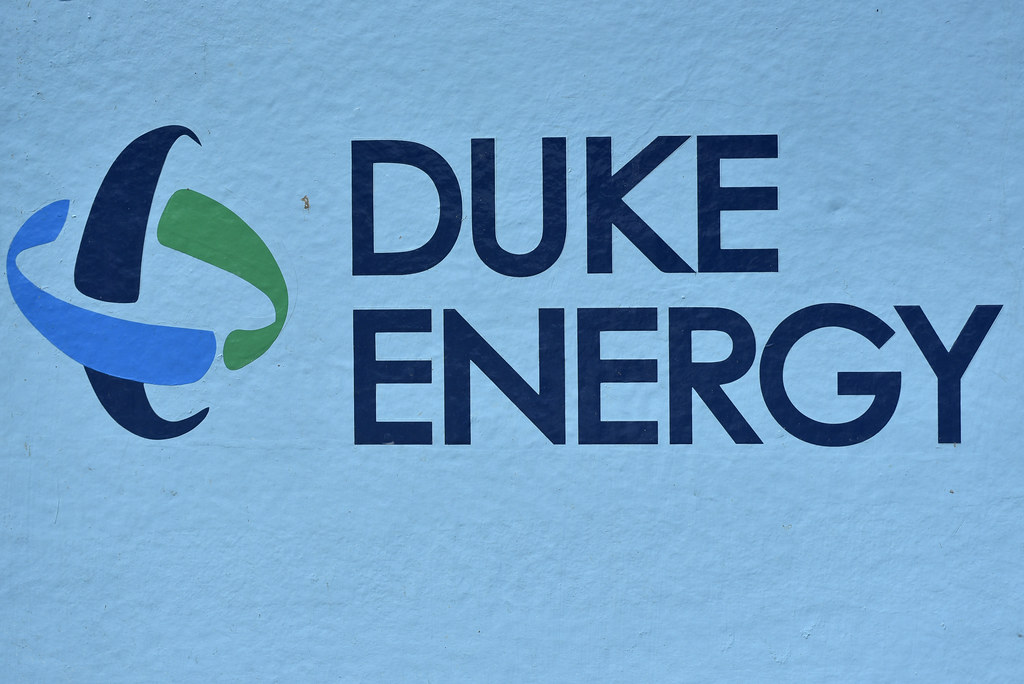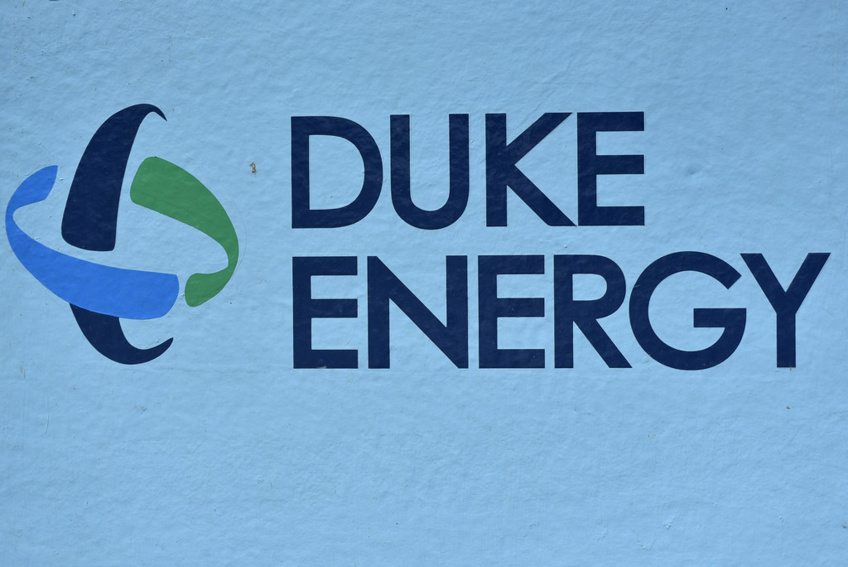As electric vehicle (EV) adoption gains momentum nationwide, Duke Energy has introduced an EV charger rental initiative in North Carolina. This program allows both residential and business customers to lease an EV charger from the company at an affordable monthly rate, covering hardware, warranty, and maintenance costs.
Called the Charger Solution program, it was approved by the North Carolina Utilities Commission last August. The program offers customers various charger options and assists them in choosing the right charging station for their needs.
Kendal Bowman, President of Duke Energy North Carolina, stated, “Duke Energy continues to prepare for the electric vehicle transition, as more customers consider and choose EVs. By offering a variety of charger solutions, we hope our customers feel confident that they have a choice to fit their needs, with the reassurance they can rely on our expertise for maintenance.”
The program simplifies charging options for both home and business use. It targets customers who prefer not to bear the upfront costs of charger purchase but still desire the convenience of fast charging. Residential options start at approximately $14 per month and include a three-year rental term for a Level 2 charger, capable of fully recharging an all-electric vehicle within eight to ten hours. Non-residential options vary, with a four-year rental term for a Level 2 charger or a seven-year rental term for a DC Fast Charger.
For non-residential customers such as businesses and multifamily dwellings, the program aims to enhance reliability and efficiency by handling charger maintenance. It also enables these customers to offer chargers as amenities without significant initial capital investment.
Duke Energy’s Charger Solution program aligns with the state’s clean energy objectives, including targeting 1.25 million EVs in North Carolina by 2030. It follows the success of the company’s Charger Prep Credit program, which assisted over 6,000 North Carolinians in preparing for Level 2 chargers by providing credits to offset the cost of upgrading their existing electrical infrastructure.
These initiatives, alongside the Charger Prep Credit program, are part of Duke Energy’s ‘EV Complete’ suite of customer programs in North Carolina. Together, they aim to facilitate the transition to EVs by preparing homes for chargers and simplifying decision-making processes for customers.
As part of its evolving suite of managed charging solutions, Duke Energy introduced a 12-month EV charging subscription pilot program called the Home Charging Plan in North Carolina last September. This pilot permits enrolled residential customers to charge their EV at home for up to 800 kilowatt hours (kWh) per month for a fixed monthly fee. Participants authorize Duke Energy to oversee charging through their automaker app and engage in occasional demand response events.
These periodic demand response events enable Duke Energy to enhance grid operations by shifting demand to hours when clean energy supply is more abundant or cost-effective for customers. The subscription pilot, which garnered significant interest, is currently closed to new enrollments in North Carolina.
North Carolina marks the first territory where Duke Energy has implemented three fundamental EV customer programs, all aimed at facilitating a seamless transition to electric vehicles. Access to this comprehensive range of offerings not only benefits customers but also aids Duke Energy in effectively managing electrical demand across the grid, promoting affordable, reliable, and clean energy for all customers.
Lon Huber, senior vice president of pricing and customer solutions, stated, “We develop our EV programs with a customer-centric approach, tailored to meet their individual needs, business requirements, and lifestyles by offering a range of options. Having diverse programs not only serves our customers well but also enables Duke Energy to deliver the reliability that our customers rely on every day.”
Duke Energy is actively pursuing regulatory approval for similar programs across all its service areas. Currently, the company boasts 17 active and approved EV programs with two pending approval.
To know more on Duke Energy EV programs in North Carolina, click here.
Called the Charger Solution program, it was approved by the North Carolina Utilities Commission last August. The program offers customers various charger options and assists them in choosing the right charging station for their needs.
Kendal Bowman, President of Duke Energy North Carolina, stated, “Duke Energy continues to prepare for the electric vehicle transition, as more customers consider and choose EVs. By offering a variety of charger solutions, we hope our customers feel confident that they have a choice to fit their needs, with the reassurance they can rely on our expertise for maintenance.”
The program simplifies charging options for both home and business use. It targets customers who prefer not to bear the upfront costs of charger purchase but still desire the convenience of fast charging. Residential options start at approximately $14 per month and include a three-year rental term for a Level 2 charger, capable of fully recharging an all-electric vehicle within eight to ten hours. Non-residential options vary, with a four-year rental term for a Level 2 charger or a seven-year rental term for a DC Fast Charger.
For non-residential customers such as businesses and multifamily dwellings, the program aims to enhance reliability and efficiency by handling charger maintenance. It also enables these customers to offer chargers as amenities without significant initial capital investment.
Duke Energy’s Charger Solution program aligns with the state’s clean energy objectives, including targeting 1.25 million EVs in North Carolina by 2030. It follows the success of the company’s Charger Prep Credit program, which assisted over 6,000 North Carolinians in preparing for Level 2 chargers by providing credits to offset the cost of upgrading their existing electrical infrastructure.
These initiatives, alongside the Charger Prep Credit program, are part of Duke Energy’s ‘EV Complete’ suite of customer programs in North Carolina. Together, they aim to facilitate the transition to EVs by preparing homes for chargers and simplifying decision-making processes for customers.
As part of its evolving suite of managed charging solutions, Duke Energy introduced a 12-month EV charging subscription pilot program called the Home Charging Plan in North Carolina last September. This pilot permits enrolled residential customers to charge their EV at home for up to 800 kilowatt hours (kWh) per month for a fixed monthly fee. Participants authorize Duke Energy to oversee charging through their automaker app and engage in occasional demand response events.
These periodic demand response events enable Duke Energy to enhance grid operations by shifting demand to hours when clean energy supply is more abundant or cost-effective for customers. The subscription pilot, which garnered significant interest, is currently closed to new enrollments in North Carolina.
North Carolina marks the first territory where Duke Energy has implemented three fundamental EV customer programs, all aimed at facilitating a seamless transition to electric vehicles. Access to this comprehensive range of offerings not only benefits customers but also aids Duke Energy in effectively managing electrical demand across the grid, promoting affordable, reliable, and clean energy for all customers.
Lon Huber, senior vice president of pricing and customer solutions, stated, “We develop our EV programs with a customer-centric approach, tailored to meet their individual needs, business requirements, and lifestyles by offering a range of options. Having diverse programs not only serves our customers well but also enables Duke Energy to deliver the reliability that our customers rely on every day.”
Duke Energy is actively pursuing regulatory approval for similar programs across all its service areas. Currently, the company boasts 17 active and approved EV programs with two pending approval.
To know more on Duke Energy EV programs in North Carolina, click here.


 Duke Energy's Home Charging Plan: Seamless EV Transition in North Carolina
Duke Energy's Home Charging Plan: Seamless EV Transition in North Carolina





 Companies
Companies